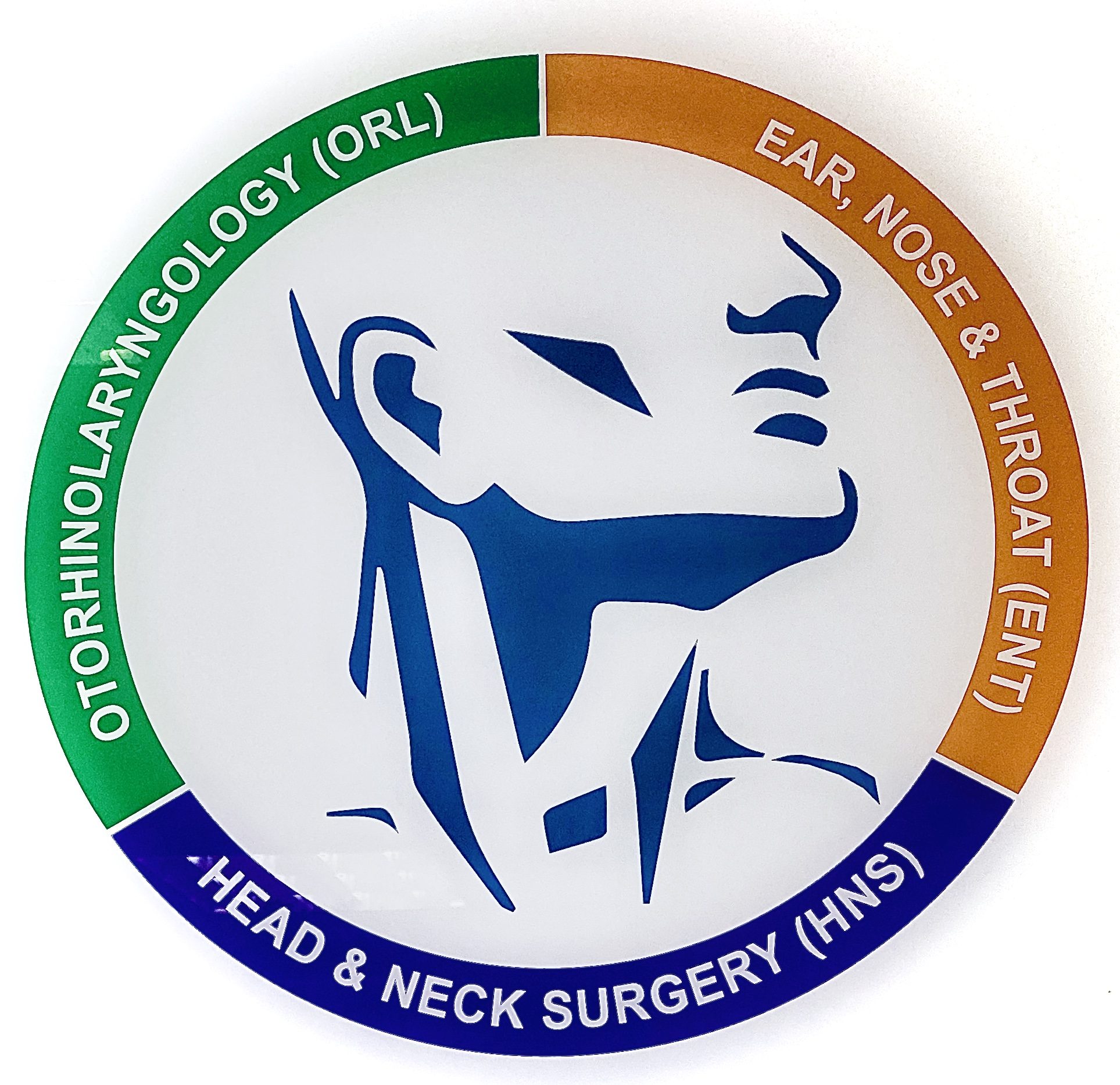Symptoms
– Dizziness.
– A sense that you or your surroundings are spinning or moving (vertigo)
– A loss of balance or unsteadiness.
– Nausea.
– Vomiting
– Ringing in the ears ( tinnitus )
– Hearing loss

BENIGN PAROXYSMAL POSITIONAL VERTIGO
Benign paroxysmal positional vertigo (BPPV) is one of the most common causes of vertigo — the sudden sensation that you’re spinning or that the surrounding is spinning.
BPPV causes brief episodes lasting seconds of mild to intense dizziness. It is triggered by specific movement of the head. Eg : Getting up from bed. The vertigo usually is brief and resolves spontaneously. The condition is due the movement of small calcium particles in the semicircular canal in the inner ear.

Acute Vestibular Neuritis
Acute vestibular neuritis is the second most common cause of vertigo, it is characterized by sudden onset of severe vertigo lasting days and often accompanied with nausea and vomiting. The condition resulted from a recent viral infection which causes inflammation of the vestibular nerve.
In labyrinthitis, hearing may be reduced or loss in tandem with vertigo
Meniere's disease
Meniere’s disease is a condition of the inner ear . Symptoms include recurrent episodes of vertigo , hearing loss , tinnitus and ear fullness. These episodes typically last from 20 minutes up to eight to 12 hours.

Treatment
Treatment
- Medications that help in suppressing vertigo
- Corticosteroids
- Oral betahistines
- Surgery
common questions
Most causes of vertigo are readily treatable with physical therapy, medication, surgery, and time. By time, I mean, waiting because many causes of vertigo resolve spontaneously. Because of the many causes of vertigo, the critical issue in choosing a physician is their experience with vertigo.
Positional vertigo refers to a variety of conditions where a change in the position of your head produces a sense of vertigo. BPPV is the commonest cause of positional vertigo.
When the inner ear is damaged, people commonly experience severe spinning for several days. If after several weeks the person still has a loss of balance, then physical therapy can help restore this balance. The reason physical therapy is helpful is that it helps train the brain to compensate for the loss of function in the ear.
Particle positioning maneuvers are a treatment for benign paroxysmal positional vertigo (BPPV).
Benign paroxysmal positional vertigo is a balance problem that causes brief vertigo spells that come and go. For many people, BPPV goes away by itself in a few weeks, but treatment can help. It can come back again.
Click here to schedule and appointment today !

